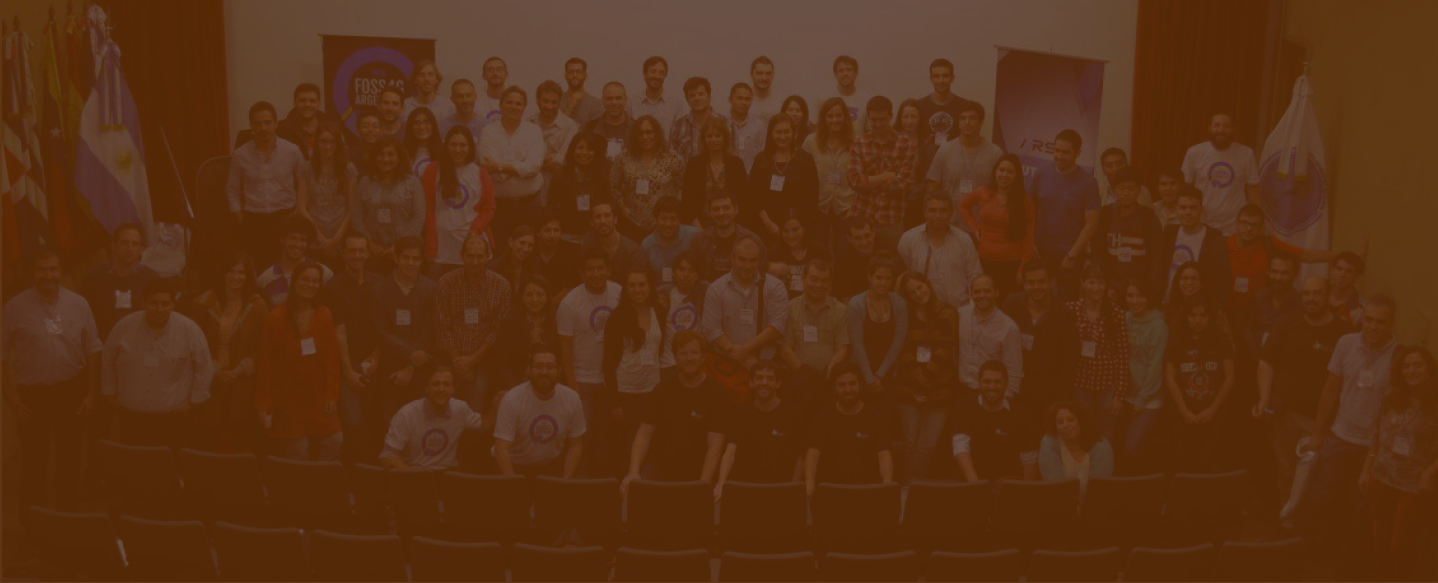2021-10-01, 14:00–14:30, Buenos Aires
The generation of dashboards based on geographic information is a field of vital importance to enhance the value of spatial information in relation to the reality provided by the data displayed.
A spatial information dashboard is a view of geographic information that displays spatialised data, such as events, activities or statistical variables.
These dashboards should provide visualisations of the data that work in an interactive and attractive way at both graphical and map level, so that they can be used for decision making in an easy way.
The use case presented here shows an integration of two Open Source libraries specialised in representation.
On the one hand, there is the dashboard information, using Apache Superset and, on the other hand, Mapea.
Mapea is a library developed as an interoperability and added value layer on top of OpenLayers.
This library allows the integration of spatial information by means of rest calls and its representation in a way that facilitates its integration in general purpose applications.
Thus, an integration of Mapea on Apache Superset has been carried out to take advantage of the power of the Apache Superset dashboard representation and combine it with the spatial information represented on an OpenLayers base.
The resulting product allows the loading of information in different formats, using all the power and capacity of Apache Superset together with its representation in a map viewer in a simple way. Its general purpose application allows the representation of information of all kinds, such as geo-referenced statistical data, heat maps, cluster, ...
Therefore, this presentation shows a practical and successful case in the integration of spatial information and Open Source products of different nature such as Apache Superset and OpenLayers through the use of Mapea.
Technologies: Apache Superset, GeoServer, OpenLayers, Mapea, OGC Standards
The generation of dashboards based on geographic information is a field of vital importance to enhance the value of spatial information in relation to the reality provided by the data displayed.
A spatial information dashboard is a view of geographic information that displays spatialised data, such as events, activities or statistical variables.
These dashboards should provide visualisations of the data that work in an interactive and attractive way at both graphical and map level, so that they can be used for decision making in an easy way.
The use case presented here shows an integration of two Open Source libraries specialised in representation.
On the one hand, there is the dashboard information, using Apache Superset and, on the other hand, Mapea.
Mapea is a library developed as an interoperability and added value layer on top of OpenLayers.
This library allows the integration of spatial information by means of rest calls and its representation in a way that facilitates its integration in general purpose applications.
Thus, an integration of Mapea on Apache Superset has been carried out to take advantage of the power of the Apache Superset dashboard representation and combine it with the spatial information represented on an OpenLayers base.
The resulting product allows the loading of information in different formats, using all the power and capacity of Apache Superset together with its representation in a map viewer in a simple way. Its general purpose application allows the representation of information of all kinds, such as geo-referenced statistical data, heat maps, cluster, ...
Therefore, this presentation shows a practical and successful case in the integration of spatial information and Open Source products of different nature such as Apache Superset and OpenLayers through the use of Mapea.
Technologies: Apache Superset, GeoServer, OpenLayers, Mapea, OGC Standards
Guadaltel
- Alfonso Martínez
- Marina Sarmiento
- Marisa Ruiz
Transition to FOSS4G
Topic –FOSS4G implementations in strategic application domains: land management, crisis/disaster response, smart cities, population mapping, climate change, ocean and marine monitoring, etc.
Level –2 - Basic. General basic knowledge is required.
Language of the Presentation –English
GIS fan. There is always an Open Source highway, otherwise, we can build it!

